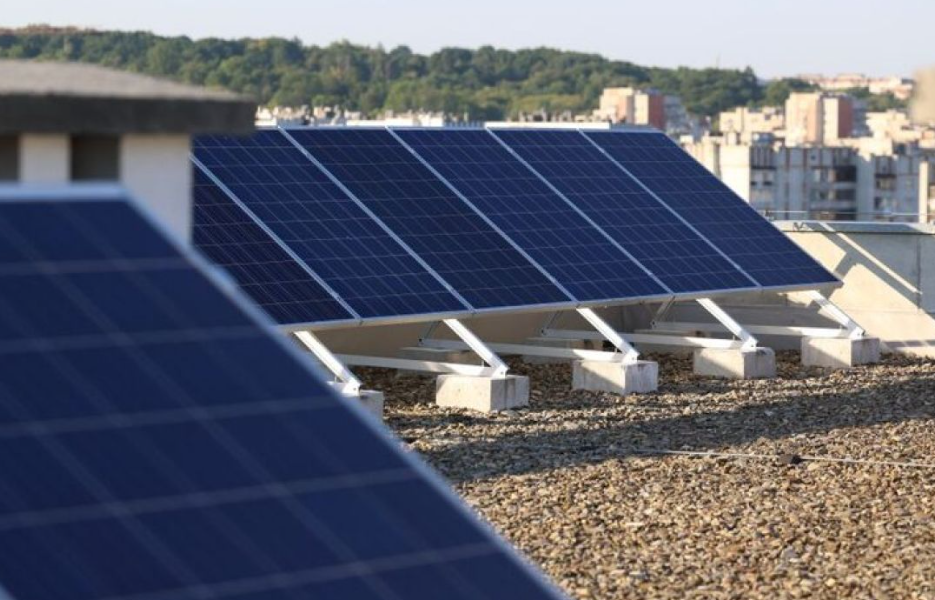Condominiums may be allowed to sell electricity: what is involved
14 August 2024 12:55 РОЗБІР ВІД
РОЗБІР ВІД Due to the problems with electricity, an increasing number of condominiums are installing generating units or energy storage facilities on apartment buildings. Therefore, the Law of Ukraine No. 3220-IX dated 30.06.2023 establishes the right of condominiums to acquire the status of an active consumer and sell surplus electricity produced and not consumed through the mechanism of self-generation to their electricity supplier. At the same time, condominiums are not a business entity, so how they can sell excess electricity is an open question, according to Oleg Popenko, Chairman of the Union of Consumers of Utilities, "Komersant Ukrainian" reports
“In other words, condominiums can sell surplus electricity produced and not consumed through the mechanism of self-generation to their electricity supplier. However, a condominium is not a business entity, it cannot put an apartment building and the solar station itself on its balance sheet and sell electricity. And how they will sell electricity in this case is not clear to me at all,” Popenko said in his telegram channel.
The users of the pro-ACMH blog also question the feasibility of such a status . In their opinion, this is a rhetorical question, because after acquiring the status of “active consumer”, a condominium still becomes a legal entity subject to state energy supervision, which includes inspections and reviews and covers not only the transmission of electricity to the grid, but also its use for its own needs.
“Consequently, a condominium that acquires the status of an active consumer will be able to conduct numerous inspections, even on the use of electricity for its own needs,” the condominium blog reports.
At present, a condominium is a non-economic entity, does not conduct economic activity and, accordingly, is not subject to state supervision and control.
“The surplus electricity generated by SPPs in apartment buildings, if it does happen, is not that big. And most importantly, even these small surpluses can be transferred to the grid only when the house has electricity supply. Because if your house is disconnected from the grid according to the schedule, you will not be able to transfer excess electricity to the grid,” they say.
At the same time, the NEURC continues to announce the possibility of acquiring the status of an “active consumer” and even publishes instructions for acquiring such a status on its website.
Author: Aliona Kaplina









